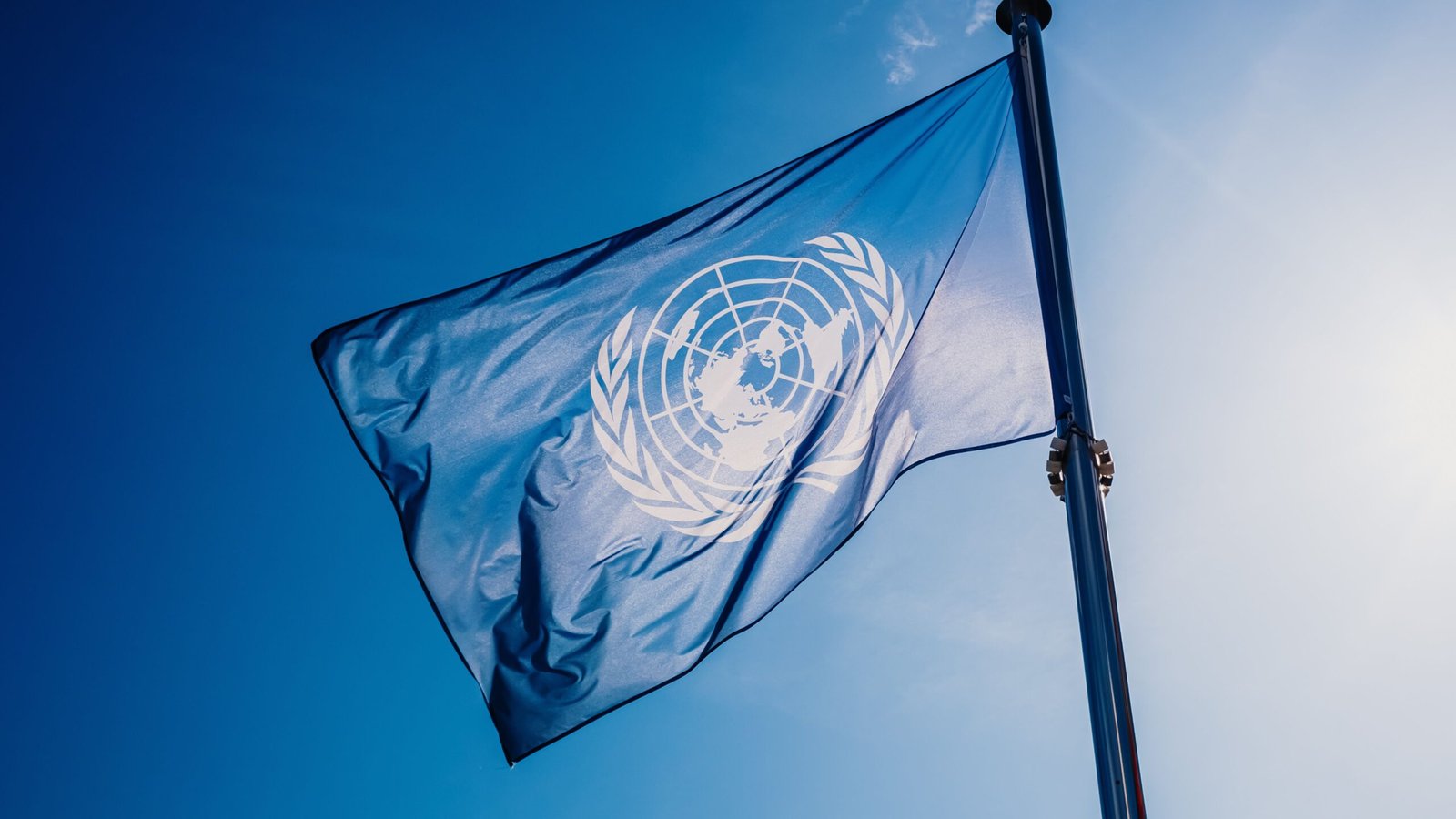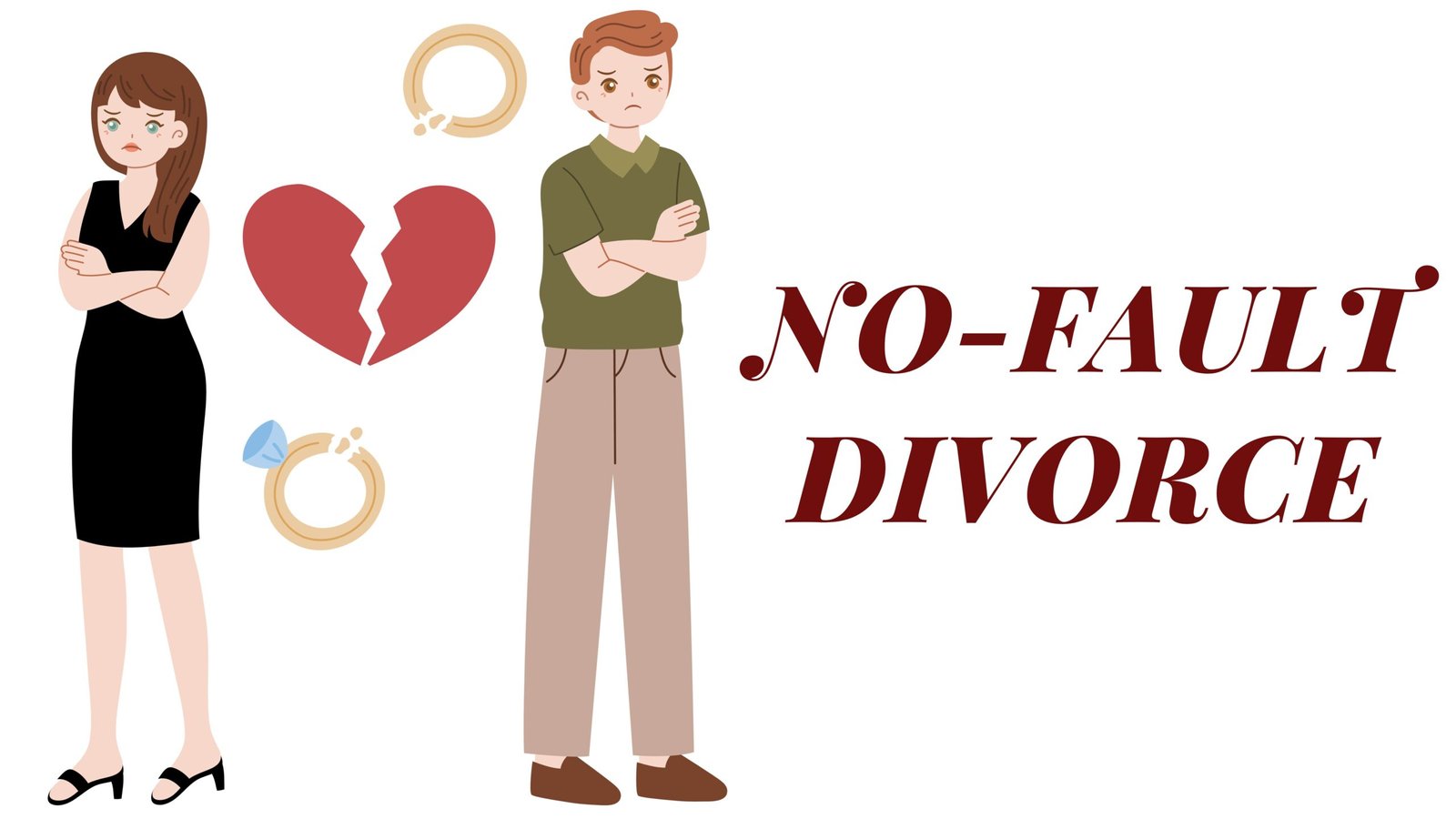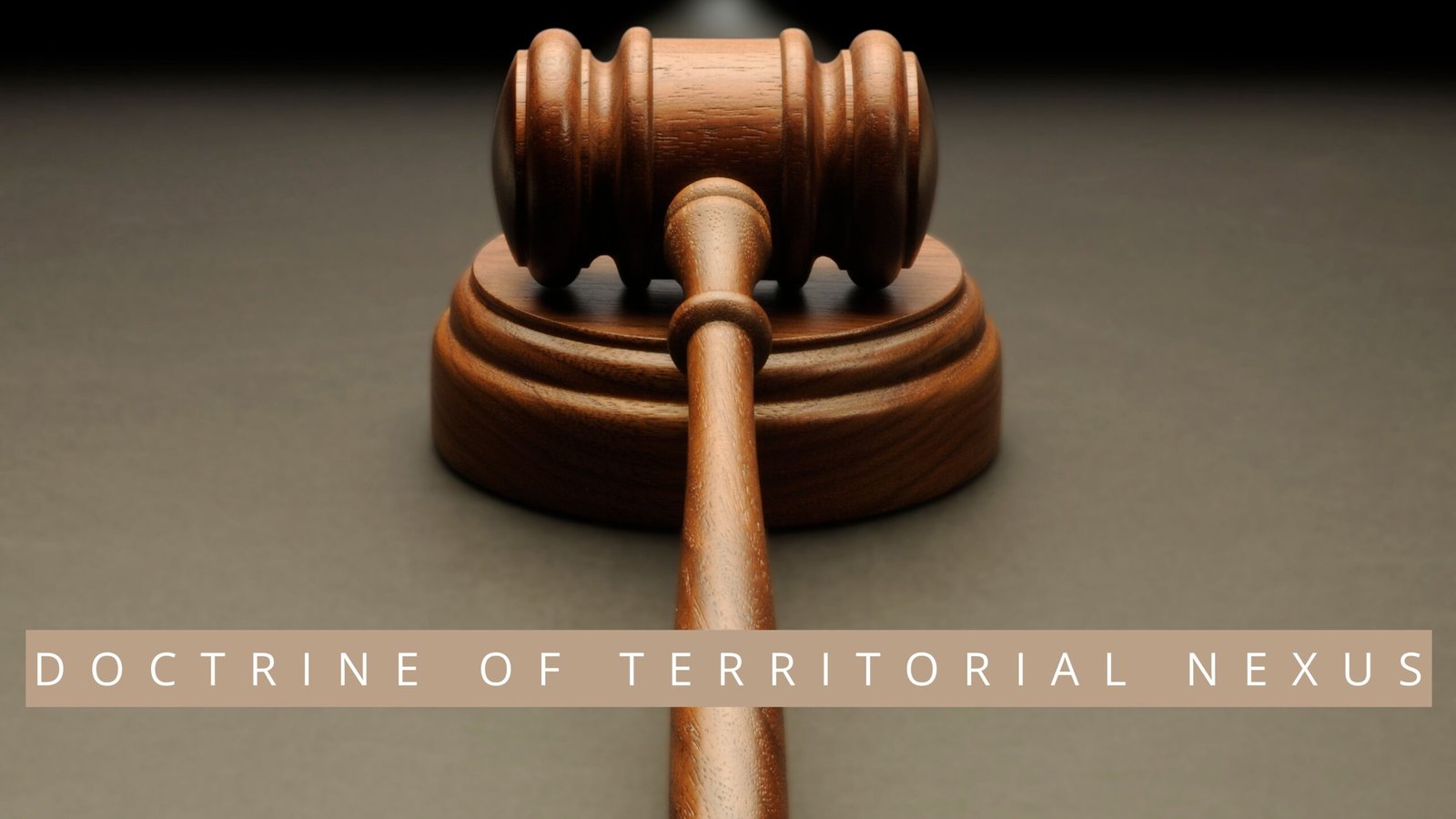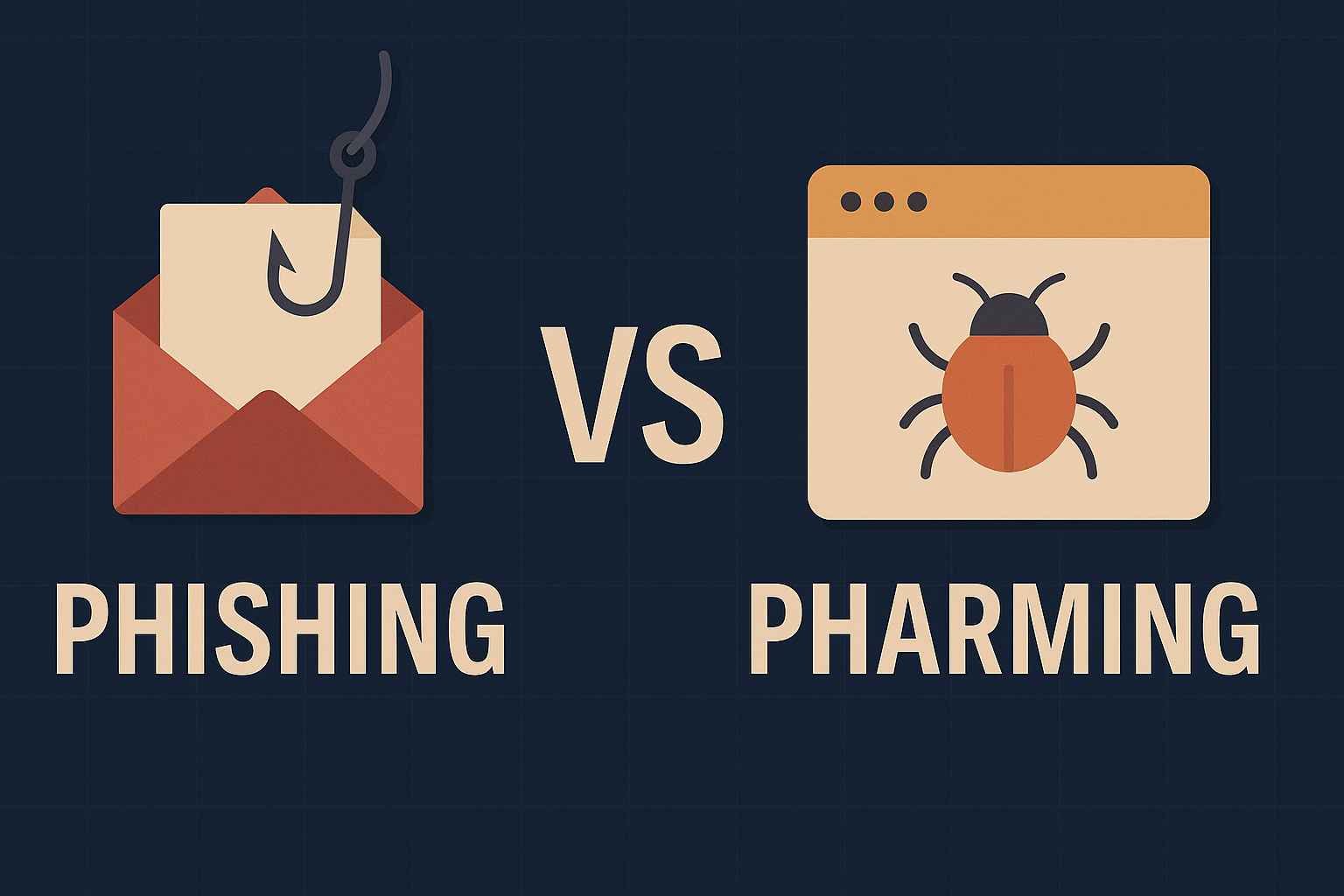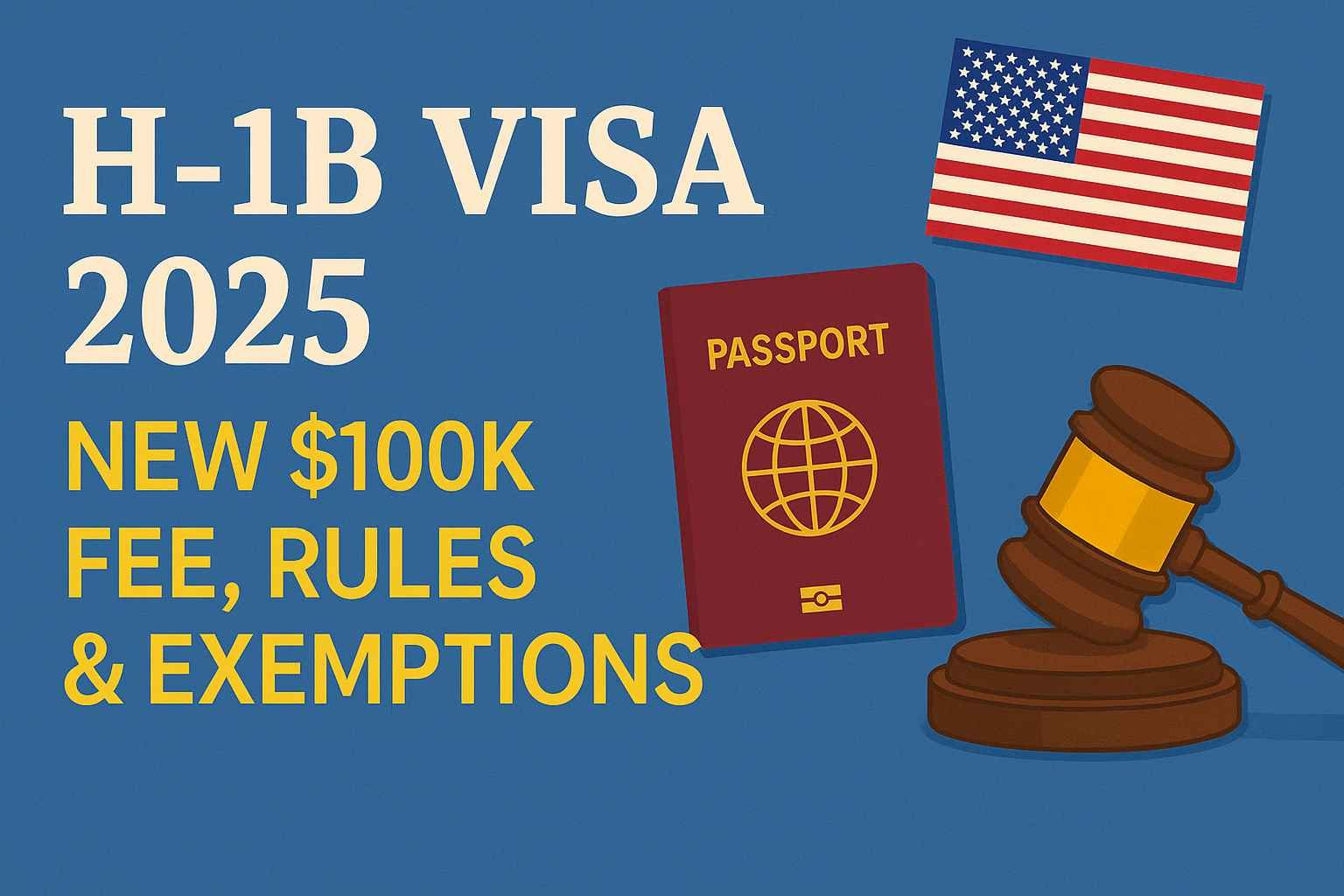On this page you will read detailed information about United Nations.
As a global citizen, you may wonder about the organization that strives to maintain international peace and foster cooperation among nations. The United Nations, established in the aftermath of World War II, has played a pivotal role in shaping world affairs for over seven decades. This article will guide you through the rich history, ambitious objectives, and guiding principles of this influential international body. By understanding the UN’s foundations and purpose, you’ll gain valuable insights into its ongoing efforts to address global challenges and promote human rights. Join us as we explore the complex tapestry of diplomacy, peacekeeping, and international law that defines the United Nations.
The History of the United Nations
Origins in World War II
The United Nations (UN) emerged from the ashes of World War II, a conflict that underscored the urgent need for a global organization to maintain peace and foster international cooperation. In 1941, U.S. President Franklin D. Roosevelt and British Prime Minister Winston Churchill laid the groundwork for the UN with the Atlantic Charter, which outlined their vision for a post-war world order.
The San Francisco Conference
The pivotal moment in the UN’s creation came in 1945 when representatives from 50 nations gathered in San Francisco for the United Nations Conference on International Organization. Over two months, delegates worked tirelessly to draft the UN Charter, a document that would serve as the organization’s founding treaty and guiding principles.
Official Establishment
On October 24, 1945, the United Nations officially came into existence when the Charter was ratified by the five permanent members of the Security Council—China, France, the Soviet Union, the United Kingdom, and the United States—and a majority of other signatories. This date is now celebrated annually as United Nations Day.
Early Challenges and Successes
In its early years, the UN faced numerous challenges, including Cold War tensions and decolonization conflicts. Despite these obstacles, the organization achieved significant milestones, such as the adoption of the Universal Declaration of Human Rights in 1948 and the establishment of peacekeeping operations in 1956 during the Suez Crisis.
Expansion and Evolution
Over the decades, the UN has grown from its original 51 member states to 193 today, reflecting the changing global landscape. The organization has continually adapted to address emerging global issues, from climate change to terrorism, while striving to fulfill its core mission of maintaining international peace and security.
The Main Objectives of the UN
The United Nations (UN) was founded with a set of ambitious goals aimed at fostering global peace, security, and cooperation. These objectives continue to guide the organization’s actions and shape its role in the international community.
Maintaining International Peace and Security
At the core of the UN’s mission is the preservation of world peace. The organization works tirelessly to prevent conflicts, mediate disputes, and coordinate peacekeeping operations in troubled regions. Through diplomatic channels and, when necessary, collective security measures, the UN strives to resolve international tensions before they escalate into full-scale wars.
Promoting Sustainable Development
The UN is committed to improving living standards worldwide. It focuses on eradicating poverty, ensuring access to education and healthcare, and promoting economic growth in developing nations. The organization’s Sustainable Development Goals (SDGs) provide a blueprint for addressing global challenges and creating a more equitable world by 2030.
Protecting Human Rights
Upholding fundamental human rights is a cornerstone of the UN’s work. The organization advocates for the dignity and worth of every individual, regardless of race, gender, or nationality. Through its various bodies and treaties, the UN monitors human rights violations, promotes equality, and supports vulnerable populations around the globe.
Fostering International Cooperation
The UN serves as a forum for nations to come together and address shared challenges. It facilitates dialogue between member states, encourages collaboration on global issues like climate change and public health, and promotes cultural exchange. By fostering multilateralism, the UN aims to create a more interconnected and harmonious world order.
These objectives reflect the UN’s commitment to creating a safer, more prosperous, and more just world for all. While the organization faces ongoing challenges, its goals remain as relevant today as they were at its founding.
In the previous post, we had shared information about Appendix vs. Addendum: What’s the Difference?, so read that post also.
The UN’s Guiding Principles
The United Nations operates on a foundation of core principles that guide its actions and decision-making processes. These principles serve as the bedrock for international cooperation and peaceful coexistence among nations.
Sovereign Equality
At the heart of the UN’s guiding principles is the concept of sovereign equality. This principle ensures that all member states, regardless of their size, economic power, or military strength, have an equal voice in the organization. Whether it’s Monaco or China, each nation holds one vote in the General Assembly, emphasizing the UN’s commitment to fairness and equal representation.
Peaceful Resolution of Disputes
The UN places a strong emphasis on resolving conflicts through peaceful means. This principle encourages member states to settle their differences through negotiation, mediation, or arbitration rather than resorting to force. The organization provides various platforms and mechanisms, such as the International Court of Justice, to facilitate peaceful dispute resolution.
Non-intervention in Domestic Affairs
Respecting the sovereignty of nations, the UN adheres to the principle of non-intervention in matters essentially within the domestic jurisdiction of any state. This delicate balance allows countries to maintain their autonomy while still participating in the global community. However, exceptions may be made in cases of severe human rights violations or threats to international peace and security.
Collective Security
The UN operates on the principle of collective security, where member states agree to join forces to prevent or stop aggression against any nation. This principle underpins the organization’s peacekeeping operations and sanctions regimes, demonstrating the power of united action in maintaining global peace and stability.
By adhering to these guiding principles, the United Nations strives to create a more harmonious and cooperative world order, where nations can work together to address global challenges and promote shared prosperity.
The UN’s Role in International Diplomacy
Facilitating Global Dialogue
The United Nations stands as a cornerstone of international diplomacy, providing a unique platform for countries to engage in constructive dialogue. Through its various organs and specialized agencies, the UN facilitates discussions on pressing global issues, from climate change to human rights. This neutral forum allows nations to voice their concerns, share perspectives, and work towards common solutions, fostering a spirit of cooperation and mutual understanding.
Conflict Resolution and Peacekeeping
One of the UN’s most crucial diplomatic functions is its role in conflict resolution and peacekeeping. By deploying peacekeeping missions to troubled regions, the organization helps maintain stability and protect civilians. These efforts often involve complex negotiations between warring parties, requiring skilled diplomacy to broker ceasefires and peace agreements. The UN’s ability to bring conflicting parties to the negotiating table has been instrumental in defusing numerous international crises.
Promoting International Law and Norms
The UN plays a pivotal role in developing and upholding international law. Through bodies like the International Court of Justice, it helps resolve legal disputes between states and provides advisory opinions on complex legal matters. Additionally, the UN General Assembly and Security Council regularly adopt resolutions that shape global norms and expectations for state behavior. This normative function contributes to a more predictable and stable international order.
Addressing Global Challenges
In an increasingly interconnected world, the UN serves as a vital coordinator for addressing transnational challenges. From coordinating responses to pandemics to tackling climate change, the organization leverages its diplomatic networks to foster international cooperation. By bringing together diverse stakeholders, including governments, civil society, and the private sector, the UN helps forge global partnerships essential for tackling complex, cross-border issues that no single nation can solve alone.
The Structure and Organization of the UN
Principal Organs
The United Nations is structured around six principal organs, each serving a distinct purpose in the organization’s mission. The General Assembly, often called the main deliberative organ, includes all member states and serves as a global forum for discussing international issues. The Security Council, tasked with maintaining international peace and security, has the power to impose sanctions and authorize military action. The Economic and Social Council coordinates the UN’s economic and social work, while the Secretariat, led by the Secretary-General, handles the day-to-day operations of the organization.
Specialized Agencies and Programs
To address specific global challenges, the UN system includes numerous specialized agencies and programs. These entities, such as the World Health Organization (WHO), the United Nations Children’s Fund (UNICEF), and the United Nations Educational, Scientific and Cultural Organization (UNESCO), focus on particular areas of expertise. They work in tandem with the principal organs to implement the UN’s objectives across various sectors, from health and education to labor rights and environmental protection.
Decision-Making Process
The UN’s decision-making process reflects its commitment to international cooperation and consensus-building. In the General Assembly, each member state has one vote, with important decisions requiring a two-thirds majority. The Security Council, however, operates under a unique system where five permanent members (China, France, Russia, the United Kingdom, and the United States) hold veto power. This structure ensures that major global powers have a significant say in matters of international security, while still allowing for broader participation from the international community.
The UN’s Role in Peacekeeping and Humanitarian Aid
Peacekeeping Operations
The United Nations has been at the forefront of global peacekeeping efforts since its inception. Through its peacekeeping operations, the UN deploys military and civilian personnel to conflict-ridden areas, working to maintain peace and security. These missions aim to protect civilians, support peace processes, and assist in the implementation of peace agreements. Notable peacekeeping operations include those in Cyprus, Lebanon, and the Democratic Republic of Congo.
UN peacekeepers, often referred to as “Blue Helmets” due to their distinctive headgear, play a crucial role in stabilizing volatile regions. They monitor ceasefires, patrol buffer zones, and facilitate dialogue between conflicting parties. The UN’s peacekeeping efforts have evolved over time, adapting to new challenges and incorporating lessons learned from past missions.
Humanitarian Assistance
In addition to peacekeeping, the UN is a key player in providing humanitarian aid during crises and natural disasters. Through agencies like the United Nations High Commissioner for Refugees (UNHCR) and the World Food Programme (WFP), the UN delivers critical assistance to those in need. This aid encompasses food, shelter, medical care, and other essential services.
The UN’s humanitarian efforts extend to various scenarios, including:
- Refugee crises
- Natural disasters such as earthquakes and hurricanes
- Famine and food insecurity
- Disease outbreaks and pandemics
By coordinating international responses and mobilizing resources, the UN helps alleviate suffering and save lives in emergency situations. Its global reach and neutral status enable it to access areas where other organizations might face difficulties, making it an indispensable force in humanitarian relief efforts worldwide.
The Successes and Failures of the UN
The United Nations has achieved numerous successes and faced significant challenges since its inception. This complex organization has made strides in promoting peace, human rights, and international cooperation, while also encountering obstacles that have tested its effectiveness.
Notable Achievements
The UN has played a crucial role in preventing conflicts and maintaining global stability. Through peacekeeping missions, diplomatic efforts, and humanitarian aid, it has helped resolve numerous disputes and alleviated suffering in war-torn regions. The organization has also been instrumental in advancing human rights, with the Universal Declaration of Human Rights serving as a cornerstone for international law and ethics.
Additionally, the UN has made significant progress in areas such as global health, environmental protection, and sustainable development. Its specialized agencies, like the World Health Organization (WHO) and the United Nations Environment Programme (UNEP), have spearheaded initiatives to combat diseases, address climate change, and promote sustainable practices worldwide.
Challenges and Criticisms
Despite its accomplishments, the UN has faced criticism for its perceived ineffectiveness in certain areas. The organization’s inability to prevent some conflicts, such as the Rwandan genocide and the ongoing Syrian civil war, has raised questions about its capacity to fulfill its primary mandate of maintaining international peace and security.
The UN has also been criticized for its bureaucratic structure and decision-making processes, which can sometimes hinder swift action in crisis situations. The veto power held by permanent members of the Security Council has been a particular point of contention, as it can sometimes lead to deadlock on critical issues.
Furthermore, allegations of corruption, mismanagement, and sexual abuse by UN peacekeepers have damaged the organization’s reputation and credibility in some instances. These challenges highlight the need for ongoing reform and improvement within the UN system to enhance its effectiveness and accountability in addressing global issues.
The Future Direction of the United Nations
As the United Nations (UN) enters its eighth decade, it faces unprecedented global challenges that will shape its future direction. The organization must adapt to remain relevant and effective in addressing complex issues such as climate change, technological disruption, and evolving geopolitical dynamics.
Embracing Technological Innovation
The UN is poised to leverage cutting-edge technologies to enhance its operations and impact. Artificial intelligence, blockchain, and big data analytics offer promising avenues for improving peacekeeping missions, humanitarian aid distribution, and sustainable development initiatives. By embracing these innovations, the UN can streamline its processes and make more informed decisions to tackle global challenges effectively.
Strengthening Partnerships and Collaboration
To address increasingly interconnected global issues, the UN is focusing on fostering stronger partnerships with diverse stakeholders. This includes closer collaboration with regional organizations, civil society groups, and the private sector. By harnessing the expertise and resources of these partners, the UN aims to create more comprehensive and sustainable solutions to pressing global problems.
Prioritizing Climate Action and Sustainability
Climate change remains a top priority for the UN’s future agenda. The organization is expected to intensify its efforts in promoting sustainable development practices, renewable energy adoption, and climate resilience. Through initiatives like the Sustainable Development Goals (SDGs) and the Paris Agreement, the UN will continue to lead global efforts in mitigating the impacts of climate change and fostering a more sustainable future for all.
FAQs about the United Nations
The United Nations (UN) was established with the primary goal of maintaining international peace and security. It aims to develop friendly relations among nations, promote social progress, better living standards, and human rights. The UN also serves as a center for harmonizing the actions of nations to achieve these common ends.
As of 2021, the United Nations has 193 member states. Each member state has equal representation in the UN General Assembly, regardless of size or political influence. Additionally, there are two observer states: the Holy See (Vatican City) and the State of Palestine.
The UN is composed of six main organs:
1. The General Assembly
2. The Security Council
3. The Economic and Social Council
4. The Trusteeship Council
5. The International Court of Justice
6. The Secretariat
Each of these bodies has specific responsibilities and functions within the organization’s broader mission.
The United Nations is funded primarily through assessed and voluntary contributions from its member states. Assessed contributions are obligatory payments made by member states based on their capacity to pay, while voluntary contributions are additional funds provided by members to support specific UN programs or initiatives.
The UN plays a crucial role in addressing global challenges such as climate change, human rights violations, and humanitarian crises. It provides a platform for international cooperation, facilitates diplomatic negotiations, and implements peacekeeping operations in conflict zones. The organization also works towards achieving sustainable development goals and promoting social and economic progress worldwide.
Conclusion
As you have learned, the United Nations has played a vital role in global affairs since its founding in 1945. Its core objectives of maintaining peace, fostering cooperation, and promoting human rights remain as relevant today as ever. While the UN faces ongoing challenges, its fundamental principles continue to guide international relations and provide a framework for addressing complex global issues. By understanding the history and purpose of this influential organization, you gain valuable insight into how nations work together to tackle shared problems. As global citizens, remaining informed about the UN’s activities and supporting its mission can contribute to a more stable and prosperous world for all.
Disclaimer
The information and services on this website are not intended to and shall not be used as legal advice. You should consult a Legal Professional for any legal or solicited advice. While we have good faith and our own independent research to every information listed on the website and do our best to ensure that the data provided is accurate. However, we do not guarantee the information provided is accurate and make no representation or warranty of any kind, express or implied, regarding the accuracy, adequacy, validity, reliability, availability, or completeness of any information on the Site. UNDER NO CIRCUMSTANCES SHALL WE HAVE ANY LIABILITY TO YOU FOR ANY LOSS OR DAMAGE OF ANY KIND INCURRED AS A RESULT OR RELIANCE ON ANY INFORMATION PROVIDED ON THE SITE. YOUR USE OF THE SITE AND YOUR RELIANCE ON ANY INFORMATION ON THE SITE IS SOLELY AT YOUR OWN RISK. Comments on this website are the sole responsibility of their writers so the accuracy, completeness, veracity, honesty, factuality and politeness of comments are not guaranteed.
So friends, today we talked about United Nations, hope you liked our post.
If you liked the information about United Nations, then definitely share this article with your friends.
Knowing about laws can make you feel super smart ! If you find value in the content you may consider joining our not for profit Legal Community ! You can ask unlimited questions on WhatsApp and get answers. You can DM or send your name & number to 8208309918 on WhatsApp

